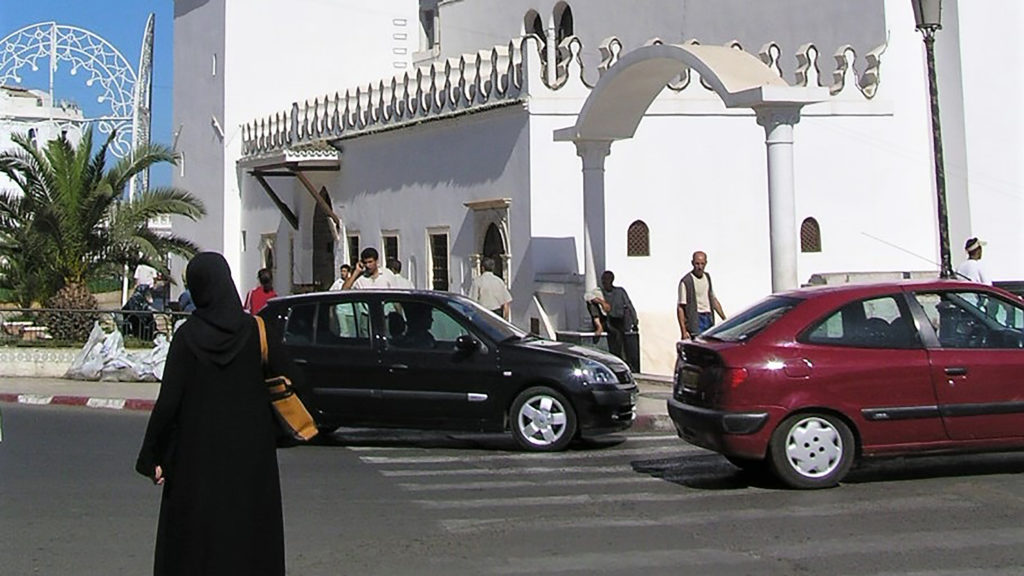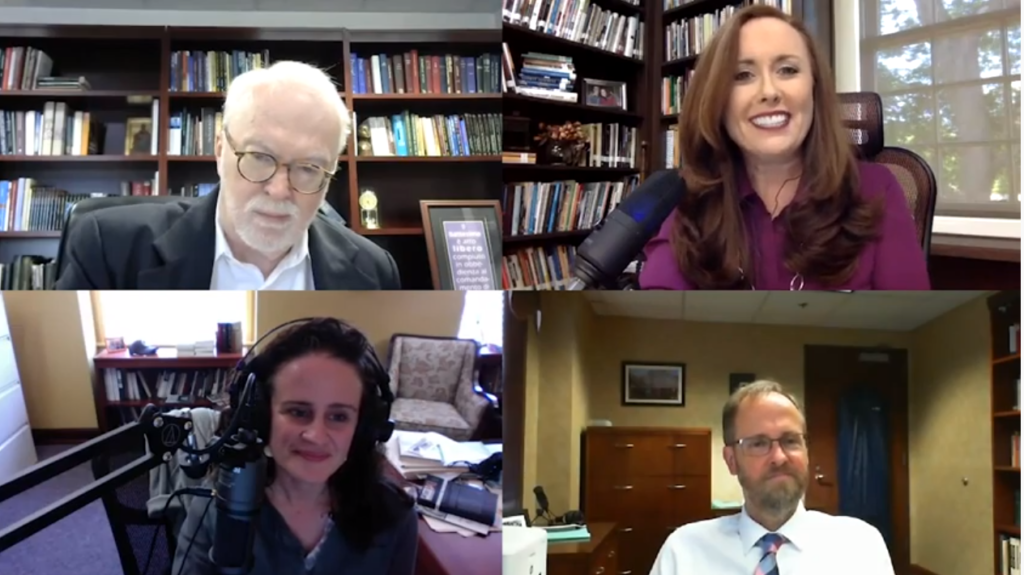Throughout the COVID-19 pandemic, churches responded to serve churchgoers in a variety of ways, and churchgoers are overwhelmingly proud of how their church handled the crisis.
According to Nashville-based Lifeway Research, almost 9 in 10 Protestant churchgoers (86%) say they are proud of how their church has responded during the coronavirus pandemic, with 58% strongly agreeing. Few (9%) disagree.
Inversely, few (12%) say they are ashamed of how their church responded to the crisis. More than 4 in 5 (84%) disagree, with 73% strongly disagreeing.
Some churchgoers, however, are more likely than others to see their church’s handling as shameful. Young adult churchgoers (aged 18 to 29) are more likely to agree (26%).
“Pastors have heard their share of second-guessing for how they have handled their church’s response to COVID-19,” said Scott McConnell, executive director of Lifeway Research. “But a large majority of churchgoers agree with their church’s various responses, and few are critical overall.”
In-person services
In January 2021, half of Protestant churchgoers (51%) didn’t attend any in-person church services. For some, that was because their congregation didn’t gather in person, which has been the case throughout the pandemic.
In late March and April of 2020, fewer than 1 in 10 Protestant churches held in-person services in a given week, according to a previous Lifeway Research study among pastors. By June, however, the majority of churches were gathering in person again. In September, 87% of churches held in-person services, but that fell to 76% of churches in January 2021.
In the latest study, Lifeway Research found attending in person has not been an option recently for almost a quarter of Protestant churchgoers (22%). One in 5 (20%) say their church stopped in-person services months ago and have not resumed, while 2% say they stopped for the first time recently and have not resumed.
Most churchgoers experienced some type of back-and-forth with the availability of in-person services. For 3 in 10 (31%), in-person services stopped at their church for a short period of time and have since resumed. Another 22% say in-person services were halted for much of the year but have resumed. Around 1 in 6 (17%) say in-person services at their church have stopped and started more than once.
Few, only 1 in 20 churchgoers (5%), say their congregation continued to gather in person throughout the pandemic.
“The experiences of churchgoers have varied greatly, because their churches have responded differently to the impact of the pandemic on their church and local community,” McConnell said. “A large minority of churchgoers attend a church that did not offer in-person services for much of 2020. As January illustrates, just because a church offered in-person services does not mean every churchgoer was willing to participate in that way with the coronavirus still actively circulating.”
African American churchgoers are most likely to say their church stopped in-person services many months ago and has not resumed (40%). That matches the responses of African American pastors during the pandemic, who have been among the most likely to say their churches were not gathering in person and have been suffering during COVID-19.
In a previous Lifeway Research study, they were the most likely to say the economy is negatively impacting their church and giving has decreased. In a September study, African American pastors were also the most likely to say they had to cut staff pay or benefits (21%) and delete a staff position (18%).
COVID-19 creativity
As regulations and guidelines caused many churches to cancel traditional gatherings, many got creative with the types of services they offered during the pandemic.
More than 4 in 5 churchgoers (85%) say their church offered livestreaming of their worship service. Of those who say their church livestreamed services, 83% participated in it. Only 12% of churchgoers say their church didn’t offer livestreaming worship services.
Most of those who say their church offered livestreaming say they placed the video on the church website (55%). Half (51%) said the church used Facebook Live. Around a third (34%) said it was on YouTube. More than 1 in 5 (22%) say it was on a video conferencing tool like Zoom.
Around 3 in 4 churchgoers (76%) say their church posted videos of worship services that could be watched at any time. Among those who say their church provided this, 80% watched a worship service in this way. Around 1 in 7 (15%) say their church did not offer that.
Half of churchgoers (52%) say their church offered online Bible studies for adults. Most of those who say their church offered it (59%) participated in them. Three in 10 (29%) say their church didn’t offer them. Adult churchgoers under 50 are more likely to say their church offered online Bible studies and they participated in them than churchgoers 50 and older.
Two in 5 churchgoers (39%) say their church had outdoor worship services. Most of those who say their church offered it (58%) participated in it. More than half of all churchgoers (54%) say their church didn’t offer worship services outside during the pandemic.
Three in 10 (30%) say their church had drive-in worship services where attendees remain in the cars. More than half of churchgoers whose church offered drive-in services (56%) participated. More than 3 in 5 (62%) say their church did not offer those types of services. Younger churchgoers, those aged 18 to 29, are more likely to say their church offered drive-in services and they participated in them than churchgoers over 50.
“Much like the old children’s song, churches have been inside, outside, upside and downside during this pandemic,” McConnell said. “It would be a stretch to say churchgoers have been ‘happy all the time,’ but amid the variety of approaches and technology used, a majority of churchgoers participated at some point in what their church offered.”
Most churchgoers say they participated in some alternative worship services specifically in January 2021. More than half (53%) say they participated in an online worship service at their church. A quarter (25%) took part in a worship service on TV. Fewer say they were part of an online worship service at another church (16%) or listened to a worship service on the radio (9%).
For more information view the complete report or visit LifewayResearch.com.
Reprinted from Baptist Press (www.baptistpress.com), news service of the Southern Baptist Convention






Share with others: